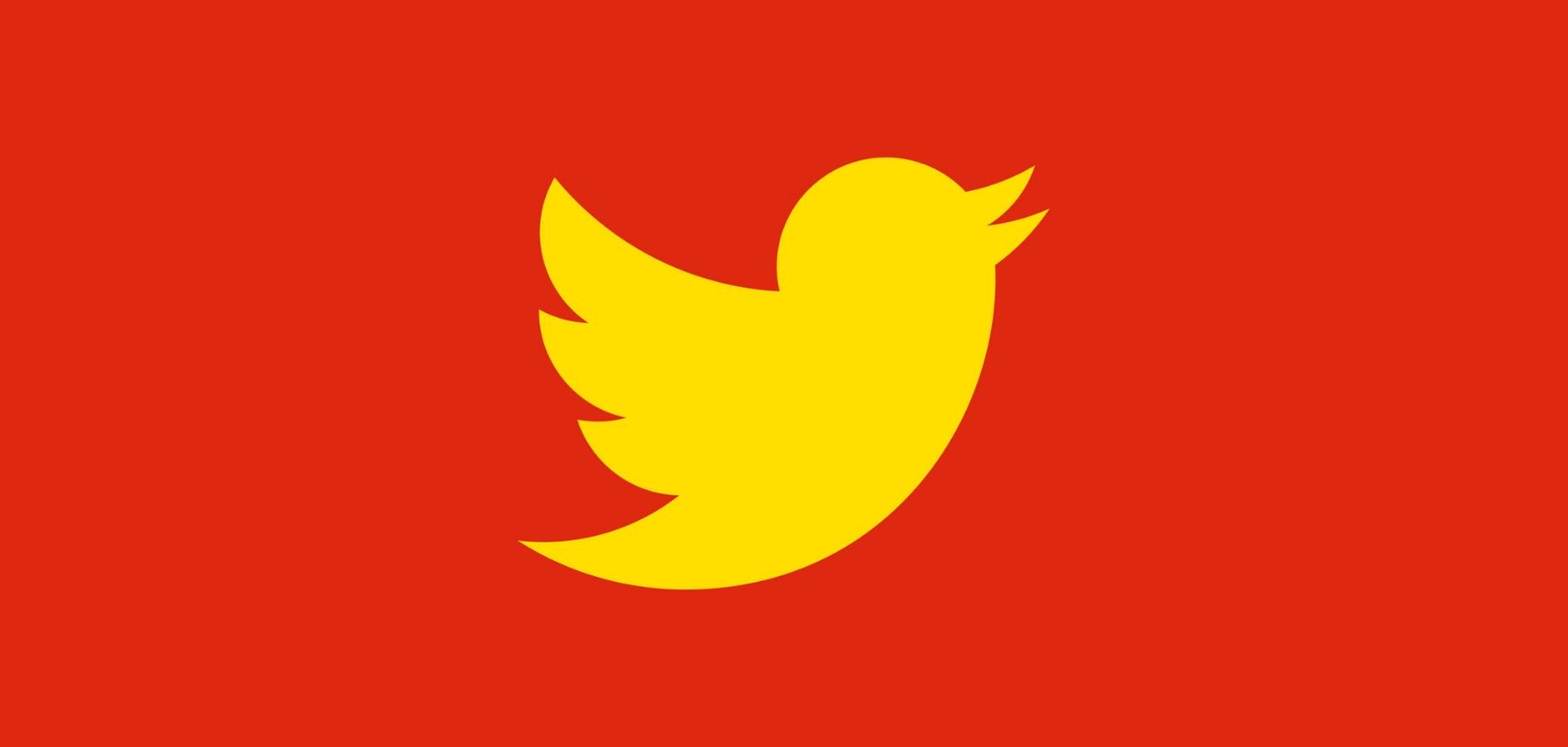Censorship in China is nothing new, particularly when relating to political content and opinions. Recently though, their censorship has also been extended to cover medical facts.
Ever since the onset of the coronavirus, China has been heavily criticized for the negligence and irresponsibility that caused the project’s outbreak.
The Chinese government seems to have taken these criticisms personally and began silencing coverage of the epidemic.
One victim of this silencing was Dr. Li Wenliang, who discovered the virus early on and tried to warn about it but was immediately silenced by the government.
Dr. Li’s death of the very virus he tried to warn the world about made the situation exponentially worse for the Chinese government – sparking a debate about the importance of free speech and journalism in the highly censored and government-controlled bubble that is China.
Over the last couple of weeks, hordes of WeChat users have been losing access to their accounts for discussing or even researching coronavirus.
The topic has been officially deemed a “threat” to China’s national security and international reputation. Health workers have been instructed by the government not to mention it.
One Chinese national vacationing in California received a warning that someone in Shanghai tried to access his WeChat account after discussing coronavirus with his family through the app.
Vice reports:
On January 20, Jiang Ming, a resident of Dongguan city in China’s Pearl River Delta, responded to this tweet criticizing the Chinese government’s delayed response to the coronavirus outbreak.
https://twitter.com/williamlong/status/1219083711855124480
Ming’s seemingly innocuous response — which has now been deleted — roughly translates as “the responsibility for destroying tyranny, who dares?”
Twitter is banned inside China, but Ming used a virtual private network (VPN) to access the service, just like many other Chinese citizens.
A few days after Ming posted his tweet, he received a phone call from the Ministry of State Security, asking to meet. Ming asked for a legal summons and the agency said they could not provide that over the phone, so he refused.
But days later, agents knocked on his front door of his home in Dongguan, a city of over 8 million people close to Hong Kong.
The agents told Ming they found his details from the phone number connected to his Twitter account, which is in turn linked to his identity in a government database.
Ming was told his tweet was “an attack on the Chinese government.” They confiscated his phone and forced him to sign a statement declaring he would not repeat “the attack.”












